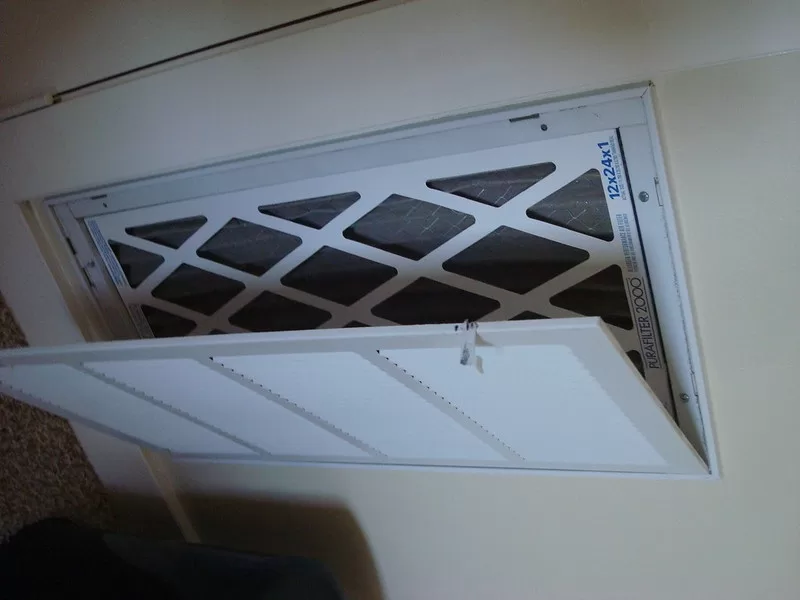Winter may be half gone. But many people are probably still feeling like they’re under attack from the cold with the recent national cascade of freezing temperatures.

Hope you were able to find a break in the bitter weather to schedule your HVAC filters to change for the spring and summer.
This is a crucial part of getting the most out of your system. But how often do you change the filters and what exactly does the process consist of? Here’s what you need to know. Read on!
The importance of frequent replacement of HVAC air filters cannot be overstated. Proper HVAC maintenance is essential to providing a clean and safe environment indoors. Regular filter changes are necessary to maintain the life of the system’s components by preventing them from becoming clogged.
Also, it protects the family from potential exposure to harmful microorganisms and airborne contaminants that could have a detrimental effect on their health. For a proper replacement or repairs, contact your furnace and heater repair services.
Read Also:
The ideal frequency for replacing HVAC filters is somewhere around quarterly or every three months. However, the frequency of replacement can depend on the complexity and size of your HVAC system, the season, and the quality of the air inside your home.
During peak seasons, you’ll need to change the filters more often due to higher air contaminants outside and in your home. Conversely, if your air quality is clean most of the time and you’re using a high filter efficiency, the filter can actually last longer than the recommended three months.
When your filters are clogged, your HVAC system must work harder and longer to do its job. This increases energy consumption, leading to higher utility bills.
Moreover, clogged filters can lead to restricted airflow, trapping dust, pollen, and other airborne pollutants in your home, degrading your indoor air quality.
It can result in increased system wear, leading to earlier breakdowns or breakages, resulting in costly repairs or replacements. It can lead to an overall decreased life span for your HVAC system, as its components are forced to bear more strain and work more intensively.
HVAC filters come in a wide variety of designs, sizes, and materials. So, it makes sense that their lifespans would vary greatly depending on the type of filter you choose.
Fiberglass filters need to be changed or replaced at least every 30 days, or whenever they start to look dirty. It comes with disposable moisture-proof plastic frames, which can extend its lifespan.
Pleated filters generally last between three and six months, depending on the environment. They are great for trapping dust, pollen, and pet dander, making them ideal for the home.
Electrostatic filters have a greater lifespan than other types of HVAC filters. Depending on the quality of the filter purchased, it can last anywhere from three months to one year before needing to be replaced.
It is important to regularly check and replace your HVAC filters to keep your air clean and energy efficient. Ensure that you replace your filters every 1-3 months depending on the filter efficiency level.
For more information and tips, contact a professional HVAC technician today and get the most out of your HVAC system. Did you find this article helpful? Visit more of our blogs!